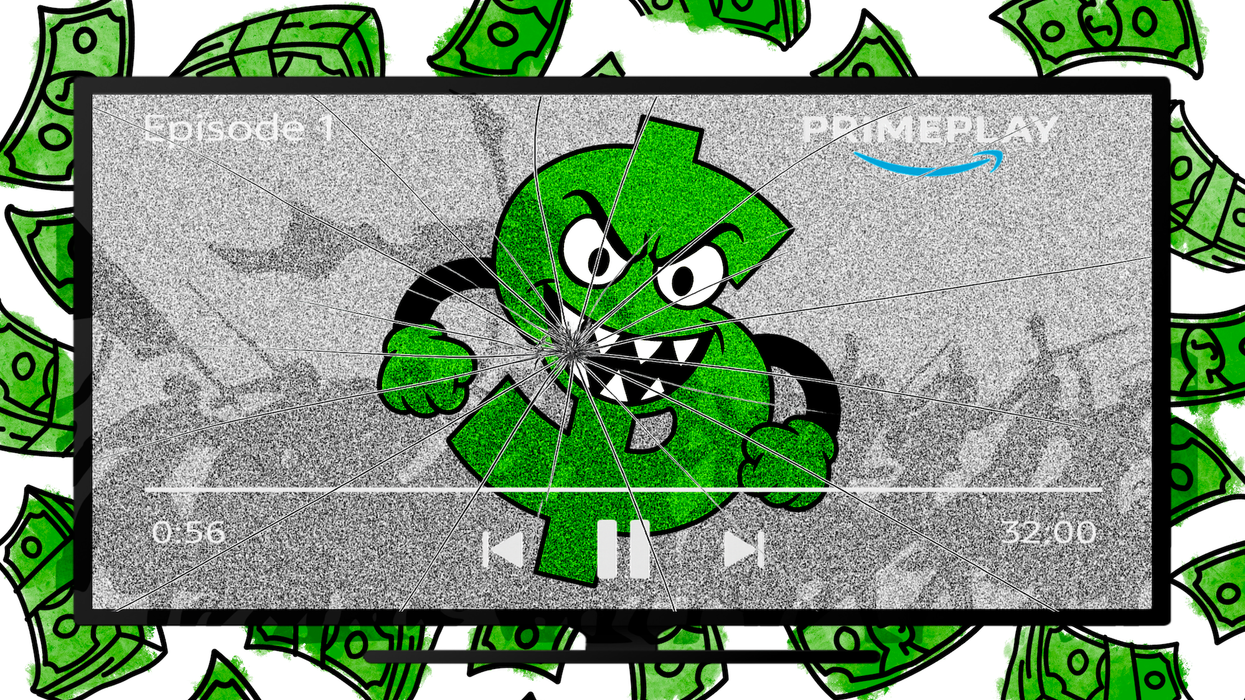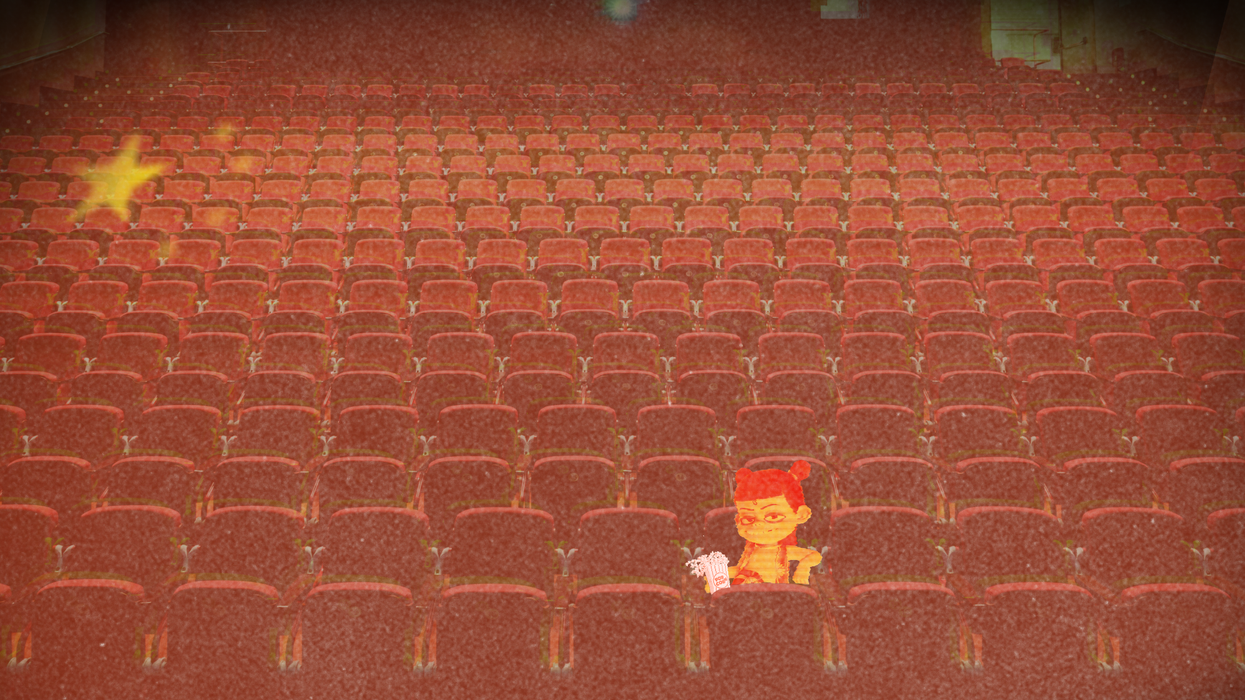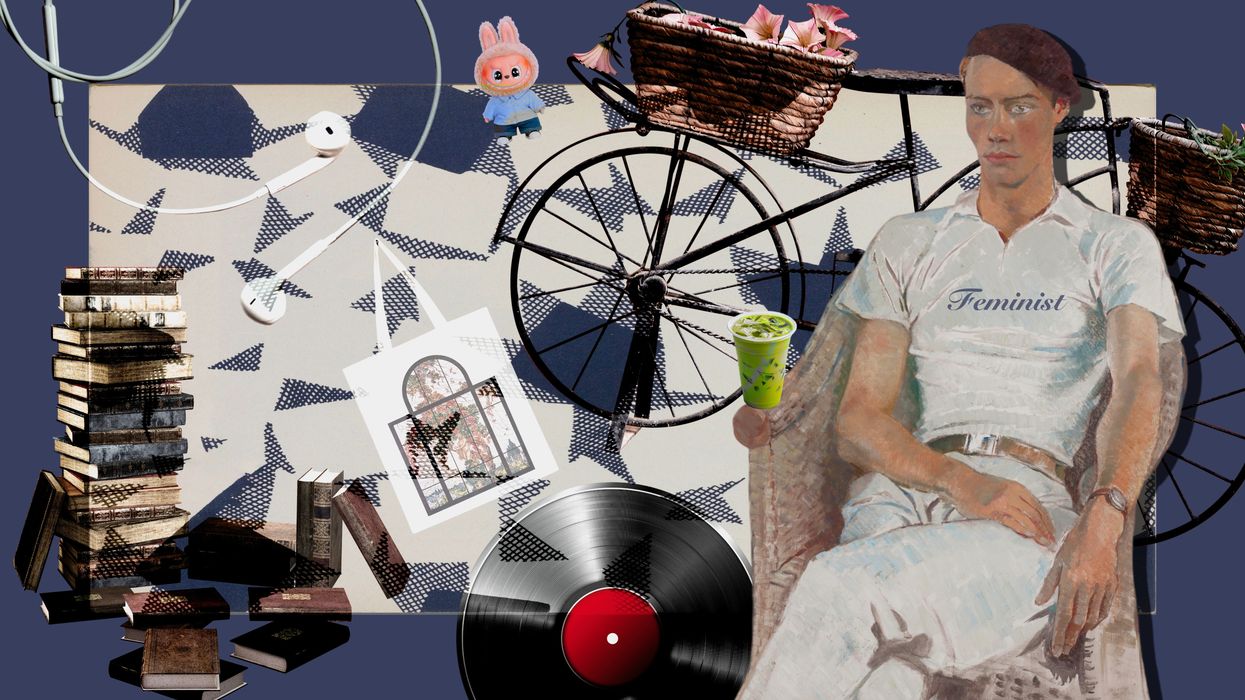When Breaking Bad premiered at the height of the Great Recession, it followed a teacher making meth to pay for expensive cancer treatments. When Squid Game was released on the heels of the pandemic, it centered on a gambler opting into deadly kids’ game to escape crushing debt. Two desperate men were driven to the brink by financial circumstances in two of the most-watched shows in television history, and their enduring popularity wasn’t a coincidence. It was an acknowledgment of what audiences wanted during times of great uncertainty: stories about ordinary people with real problems, unable to pay their bills in a broken capitalist system.
The appeal goes deeper than good writing or compelling characters. In an era where most Americans live paycheck to paycheck and medical debt remains the leading cause of bankruptcy, anti-capitalist television is a pressure valve. So it’s no surprise that amid deep economic instability and multi-pronged global crises, the most popular television is reflective of our current situation, especially our widespread discontent in the absence of meaningful progress. The problem is that networks and streamers have seen that success and are now churning out stories based on that premise, and it's resulted in increasingly middling content.
Anti-capitalist shows have long been clever ways to skewer the wealthy, either by criticizing their cruel indifference or showing them reap the consequences of their greed through empty lives and miserable relationships. Shows like Breaking Bad and Squid Game illustrate the former, while the latter is probably best exemplified by Succession, a critique of the ruthless and power-hungry through spectacle, Shakespearean family drama and razor-sharp satire. However, these shows also spent years lambasting the same class of people who produce these projects. And it makes you wonder how they got away with that in the first place.
TV creators and writers have always been allowed some measure of leeway. Historically known as jester’s privilege, the king’s personal jokester was free to deride and question the sovereign leader under protection by the law. Allowing for salient criticism when public forums were unavailable, the concept has been utilized by many in the televisual sphere, with one of the most visible examples being 30 Rock. Premiering right before the Great Recession, Tina Fey’s satire about her time at cultural behemoth Saturday Night Live lampooned more than just the comedic sketch show by also taking aim at NBC and its parent company, Comcast. And with winking takedowns of everything from ridiculous cash grabs via product placements to layoffs in favor of the elite, it became one of the most beloved sitcoms of the past 20 years.
What’s troubling, though, is that the increasing hunger for anti-capitalist TV has also been ramping up an almost paradoxical incentive for networks, streamers and their leadership to let themselves be punching bags. When a series performs well, it monetarily benefits the Hollywood elite and its C-suite executives, with one example being Fox’s Rupert Murdoch. A man whose media dynasty serves as heavy inspiration for Succession, it’s ironic at best to see his network airing shows like The Cleaning Lady, which is about an immigrant dealing with our medical system. And it also makes you wonder who’s greenlighting these shows and getting the chance to tell these stories. Will indie production companies with a critical lens continue to receive funding to produce shows featuring urgent and necessary commentary? Or will all of our entertainment start to be funneled through corporate-approved testing rooms, supervised by the same people it’s meant to critique? And in that case, what will get left on the cutting-room floor?
The content has already begun to suffer as networks and streamers continue to capitalize on the anti-capitalist television trend. Take the most recent season of The White Lotus and its bungled messaging about its just desserts for the greedy Ratliff clan. Not only do they evade a group-suicide induced by its patriarch who believes them better off dead than poor, but viewers don’t even get to witness the materialistic family realize this downturn of fortune. And as the copycat effect continues, the commentary is almost always primed to be diluted, misunderstood and muddled, as with Hulu’s Nine Perfect Strangers. A series about an insidious wellness retreat for the uber-wealthy, it supposedly provides commentary about power, wealth and commodification, but does so through half-baked plot lines and shoddy writing. The lessons are absent, and there’s no catharsis.
Satire has always been one of the most powerful forms of critique, and television that takes aim at those who control our economic system is now more important than ever. But if such entertainment is co-opted to cash in on a trend, it undercuts its potential to be more than just a television fad, ceasing to become meaningful and galvanizing to the viewing populace. As author César Cruz said, “Art should comfort the disturbed and disturb the comfortable.” Today, the comfortable decide what art gets made, and that should disturb us.
Natalie Oganesyan is a writer and editor based in Los Angeles.







![[10/10] La Chimera: A Dreamlike Descent Into Grief, Memory and Myth](https://vextmagazine.com/media-library/image.png?id=61454821&width=1245&height=700&quality=90&coordinates=0%2C0%2C1%2C0)








